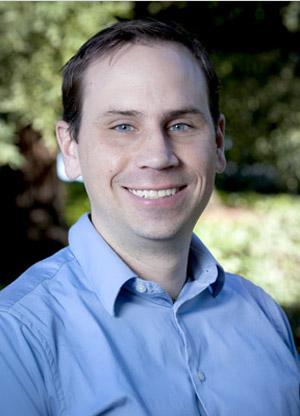
PROVIDENCE – A Brown University-led research team had received a $3.5 million grant from the U.S. Department of Energy for a project that will use machine learning to speed up atom-level simulations of chemical reactions and the properties of materials, the university announced Thursday.
The project will be led by Andrew Peterson, an associate professor in Brown’s School of Engineering, who will work with two Brown colleagues, Franklin Goldsmith, assistant professor of engineering, and Brenda Rubenstein, assistant professor of chemistry, as well as researchers from Carnegie Mellon University, Georgia Institute of Technology and the Massachusetts Institute of Technology.
The grant is for work over four years.
“What we’re doing is taking the results of calculations from prior simulations and using them to predict the outcome of calculations that haven’t been done yet,” Peterson said in a statement. “If we can eliminate the need to do similar calculations over and over again, we can speed things up dramatically, potentially by orders of magnitude.”
The project work will initially focus on simulations of electrocatalysis – the kinds of chemical reactions that are important in devices like fuel cells and batteries, according to Brown.
The team will use a software package that Peterson’s research group developed previously called the Atomistic Machine-learning Package, or AMP. The software is open source and already widely used in the simulation community, according to Peterson.
“Modern supercomputers cost millions of dollars to build, and simulation time on them is precious,” Peterson said. “If we’re able to free up time on those machines for additional simulations to be run, that translates into vastly increased return-on-investment for those machines. It’s real money.”
The team noted that while it will focus on electocatalysis, the tools its develops should be widely applicable to other types of material and chemical simulations.












